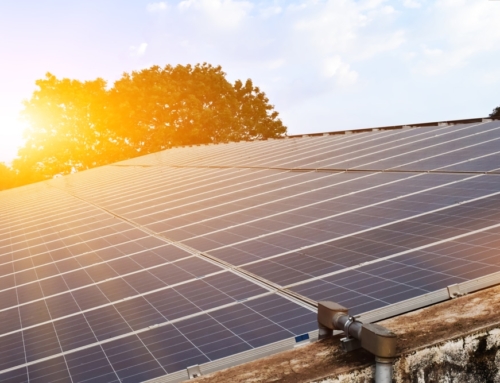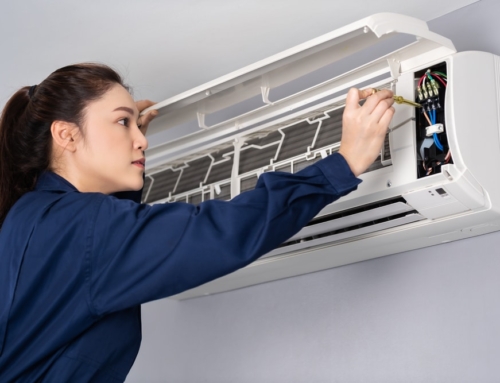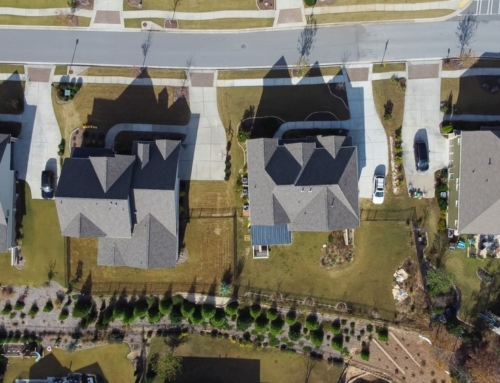Do you look forward to sitting down and paying the bills each month? Well, you might if you paid them electronically and banked online. But you have to be careful.
About 30 million U.S. households currently do at least some of their banking online, a number that is expected to double over the next three years. While banks are doing what they can to protect their customers, you’ve got to do what you can to protect yourself.
Five years ago, few banks offered online bill pay. Today, nearly every major bank offers customers the ability to check balances electronically, move money between accounts, and pay bills online — from wherever they are in the world.
“I like the fact that I could pay my bills and know that they will get there safely,” says Erika Thomas, banks online.
Payments that arrive safely and on time are two reasons millions of consumers have tossed their checkbooks in a drawer. Best of all: many banks offer online bill pay for free.
“In terms of overall online banking, we have about 16 million folks who are using it,” says Bill Rielly, Bank One.
And the numbers keep growing. The number of U.S. households banking online is expected to jump to 56 million by 2008, with 85 percent of those paying their bills electronically.
“We have in bill pay, for example, 60 million payments a year that are going out on behalf of our customers,” Rielly says.
Those customers can go online at anytime to check the status of their payments. They can see when they’ve cleared, and can easily transfer cash into an account to cover a payment. But you have to be careful. Mistakes can happen when you’re banking online, and the results can be disastrous — which is what happened when Erika Thomas tried to pay her phone bill.
“The bill was for $52.35 and the payment made to SBC was $5,235,” Thomas says.
Ouch. By the time she realized the mistake, the check had been cashed. It took Thomas more than a month to get the whole mess straightened out.
“I was very frustrated because you feel helpless,” Thomas says.
But taking charge of your account can help keep the lid on any surprises.
“Hello, this is Bank One with an alert you requested for your deposit account ending in 1-8-5-4. Your current balance has fallen below $50,000. For more information please visit bankone.com.”
Most banks offer you the opportunity to opt into an automatic voice mail or email alert when there are changes to your balance. If something goes wrong, or if you have entered in then wrong amount when paying a bill, you should contact the bank immediately.
“If that happens, then we’re absolutely in a position to help our customers and we’re in a position to resolve any issues with the company that they sent their money to,” Rielly says.
While some customers think they’re giving up their rights by moving from paper checks to online bill pay, they’re not. The goverment’s new Check 21 law requires banks to handle electronic checks the same way they would paper checks.
RESOURCES
If you want to be safe when banking online, make sure you change your password frequently. Don’t choose a password that will be too easy to guess. And, make sure that your computer’s security software is up to date. Anti-virus and firewall protection is a must, so you won’t have anyone getting in and stealing your personal information. Above all, don’t fall for “phishing” email, where your bank supposedly contacts you to link to a site to “confirm” information.
You should only change contact or account information on your bank’s home page, when you’ve gone there and logged in yourself.
Not sure if your bank offers free online bill pay and electronic banking? The best way to find out is to visit them online or in person. Once you do online bill pay (and don’t forget about the stamps you’ll no longer need to buy), you may find it hard to remember why you liked writing checks out by hand.
www.bankone.com
www.citibank.com
www.bankofamerica.com
www.harrisbank.com
Need personal finance advice or real estate advice? Send your questions to Ilyce Glink: www.ThinkGlink.com
PublishedL May 5, 2005






Leave A Comment